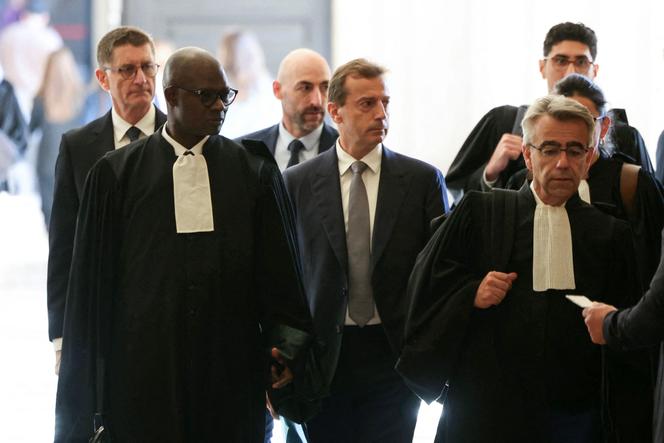


An appeals trial of Air France and Airbus opened on Monday, September 29, over the 2009 crash of a Rio-Paris flight that killed 228 people, the worst disaster in the French flag carrier's history. The trial at the court of appeal in Paris, which began in the afternoon, is expected to last for two months.
On June 1, 2009, Air France flight AF447, en route from Rio de Janeiro to Paris, was cruising over the Atlantic when the pilots lost control of the aircraft and plunged into the ocean. There were no survivors among the 216 passengers and 12 crew on board the Airbus-built A330 aircraft, who included 72 French nationals and 58 Brazilians.
Both the airline and aircraft maker were acquitted of involuntary manslaughter two years ago when a court found that the companies had made mistakes, but could not be proven to have caused the crash. The verdict was a blow to the victims' families, who said they were outraged by the court's decision to clear the companies of the charges.
Although the prosecution in the 2023 trial had themselves asked for the charges to be dropped, it subsequently lodged the appeal to allow "the full potential of the legal appeals procedure" to play out. If convicted, the two companies may face a fine of €225,000 as well as significant reputational damage.
The hearings in the first trial centered on the role of defective "pitot tubes," which are used to measure flight speed. The court heard how a malfunction with the tubes, which became blocked with ice crystals during a mid-Atlantic storm, caused alarms to sound in the plane's cockpit and the autopilot system to switch off.
Technical experts highlighted that after the instrument failed, the pilots put the plane into a climb that caused the aircraft to stall and then crash into the ocean. Air France and Airbus blamed pilot error as the main cause, denying any criminal liability. But lawyers for the families argued both companies were aware of the pitot tube problem before the crash, and that the pilots were not trained to deal with such a high-altitude emergency.
The court said Airbus committed "four acts of imprudence or negligence," including not replacing certain models of the pitot tubes that seemed to freeze more often on its A330-A340 fleet, and "withholding information" from flight operators. It said Air France had committed two "acts of imprudence" in the way it disseminated an information note on the faulty tubes to its pilots. But the court also found there was not a strong enough causal link between these failings and the accident to show an offense had been committed.
Daniele Lamy, president of the association representing the victims, said she and others were "disgusted" by the decision, with the families of Brazilian victims also highly critical of the French acquittal. It took nearly two years after the crash to recover the "black box" flight recorders, which were found almost 4,000 meters below sea level. The appeals trial is set to close on November 27.
